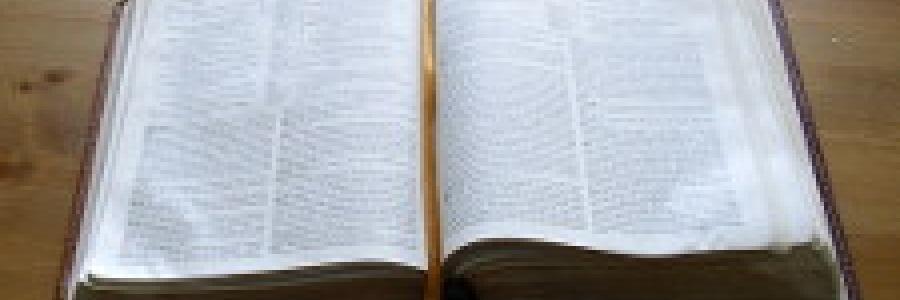The Creation Narrative - Genesis 1 & 2 (Part 8)
Read the series so far.
A Thematic Account
The second chapter of Genesis is clearly somewhat different than the first. But it was not intended to be another variant account of it. It follows up on the second half of Day Six and the creation of humanity, and throws theological light on it. It is not as concerned with chronology as the previous chapter. So Genesis 2 is not, as the more liberal scholars think, another creation story. It is a thematic zeroing in on the creation of Adam and Eve.
It is possible that the making of trees in the Garden occurred separately from Day Three, and was witnessed by Adam. But such speculation need not detain us. I am happy to follow Sailhamer, who comments,





Discussion